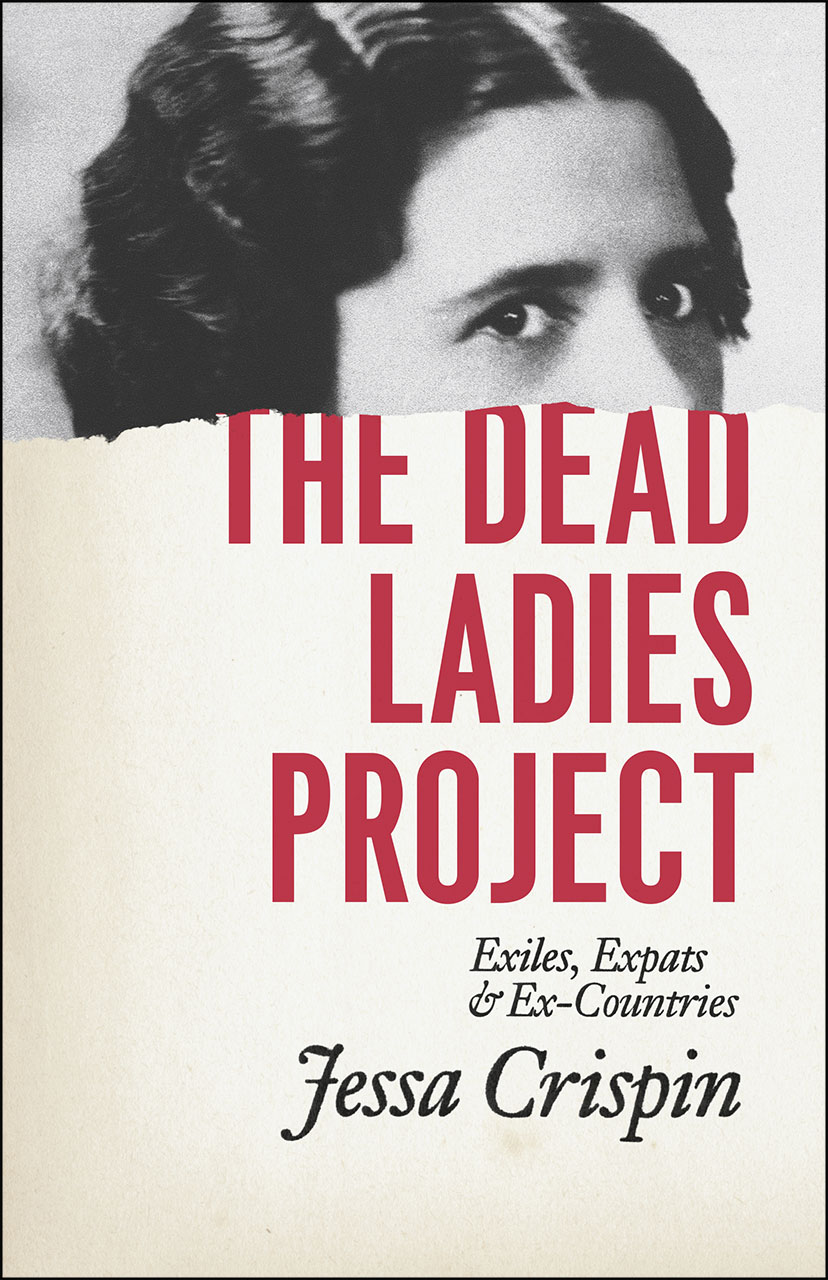In an effort to stave off breakdown, writer, critic and editor of the (now sadly defunct) Bookslut Jessa Crispin reduces her worldly possessions into a carry-on, sinks her meagre savings into a plane ticket to Europe, and leaves her pleasantly stifling Chicago life in the dust. Borderline suicidal, she intends to spark a conversation with a ragtag gang of exiled writers, artists, and composers – those ‘unloosed, wandering souls who were willing to scrape their lives clean and start again elsewhere’ – in search of an answer to that age old dilemma: How, then, shall we live?
From William James’ sexual-slash-philosophical angst in Berlin to Nora Barnacle’s perilous modernist-musedom in Trieste, via Igor Stravinsky’s reinvention in Lausanne, Crispin trails the breadcrumbs of her ladies (and the odd man), all of whom sought exile of one kind or another in a country not their own. Part riotous literary travelogue, part intimate journal of a woman in crisis, we get to tag along for the ride through the cities she briefly inhabits, the lives and work of their transplanted creatives, and the author’s own eminently interesting brain.
The Dead Ladies Project is sweeping in the ground it covers. Crispin situates her exiles firmly within their historical contexts, and in doing so leads us on a whistlestop tour of Europe ancient and modern, taking in its peoples, mores, and wars. In lesser hands, this could be fragmentary and bewildering. But Crispin manages skillfully to hold it all together, blending the exiles’ narratives with her own. Their stories become hers, and in turn, ours.
A dream of a travel companion, Crispin is erudite and acerbic in all the right ways. Here she is on Germans: ‘[They] may look like proper churchgoing Lutherans on the outside, but they are all at heart tree-worshipping animists from way back’. (As someone who once spent a summer in a household of nude-lake-swimming Bavarians, I CONCUR.) Her style is swift and raw. At her best, sparkling insight tumbles out in all directions. In a few places, the writing feels a little rushed. Oh, and she swears a lot. If you don’t like your literary travelogues peppered with f-words, look away now.
Yes, this is the kind of book which could all too easily veer into that most achingly awful of territories: white-lady-finds-herself-in-foreign-lands, or come off as stunt memoir. But Crispin avoids both pitfalls. Scathingly critical of self and others, she burdens the reader with no redemptive arc, no artificially constructed emotional ‘journey’. This is not a gentle work. In one of the strongest chapters, she follows twentieth century travel writer Rebecca West through the former Yugoslavia, frustrated by West’s casual orientalism (‘I want to drown her in the bathtub’), whilst providing us a with an unflinching unpicking of her own troubled, troubling reactions. ‘Why in Belgrade do I find myself doing a wicked math?’, she asks. ‘I subtract twenty years from everyone around me and picture them with blood on their hands […] I seem incapable of halting it’.
Crispin is fascinated by the transitory, marginal spaces occupied by her subjects. How they, and she, find their way into and out of these is a thread woven throughout the book. Like the exiles, she is something of a changeling, who ‘came to this planet as an already formed creature’ which must now fight to find its place. Her entry into the literary sphere as a Kansas born college dropout has been hard won. In the chapter on Margaret Anderson – a fellow
Midwestern outsider and pioneering founder of avant garde magazine The Little Review – Crispin explores just what it takes to scale the slippery face of that world as a ‘nobody from nowheresville’. Angered by the stultifying dullness of the American literary establishment and the door-opening importance of secret handshakes (then, as now), Crispin shows us that Anderson’s path mirrors in many ways her own. Ultimately, she argues, one must ‘lay siege from the outside’. Drunk and alone in the south of France, she resolves to start a new magazine, christening it Spolia. It’s a Roman word, of course, meaning ‘to use rubble to build a new structure’, and it’s an apt metaphor, too, for how she’s attempting to shape her life.
Crispin ends the book/voyage still rootless, still questioning. Having failed to find a place, either literal or figurative, to call home, she wonders if this is ‘just how it is for me’, but concedes that instead of certainty (of city, relationship, family), she has at least been bestowed ‘the ability to move through the world’ – itself no small gift. Marinating in a charming Greek hotel whose single flaw is its lack of bathtub, she flips a coin: ‘Heads, I go. Tails, I stay’. We don’t need to be told which way it lands. I just checked her Twitter bio. Location: ‘Nowhere in particular’.
Holly Aszkenasy was born in London and lives there now. Twitter: @hollyaszkenasy

